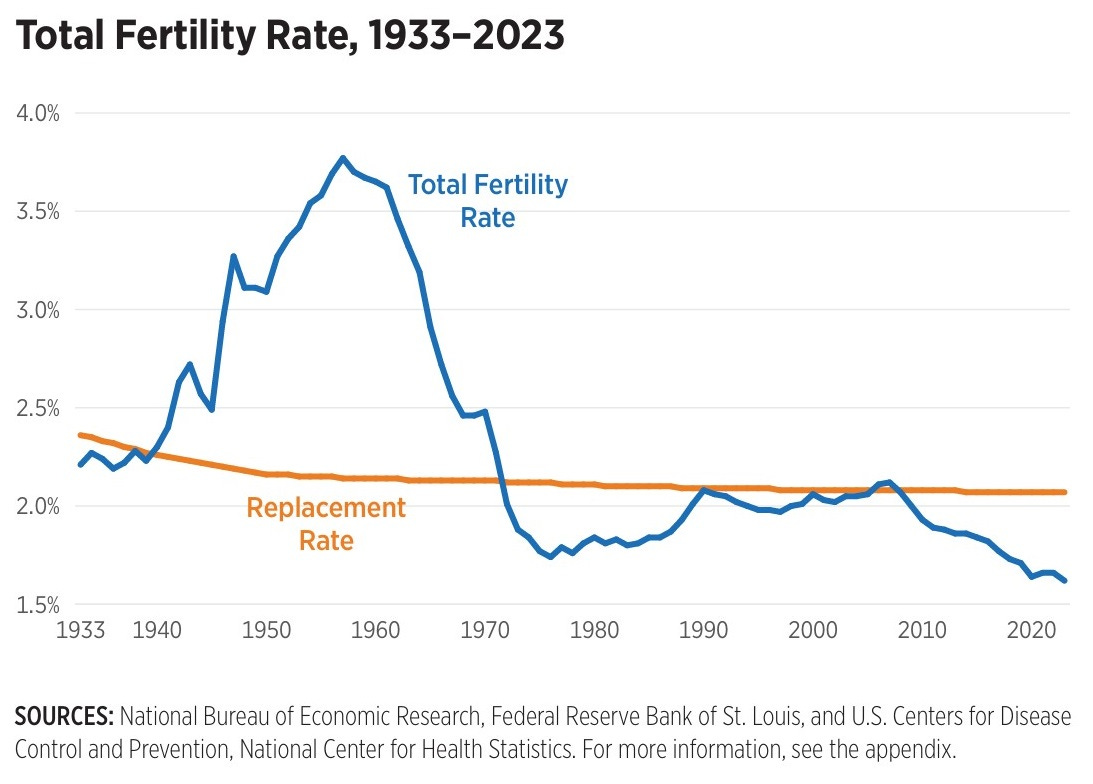Depressed? Skip this column.
A few weeks ago, Talker Research released a poll assessing Americans’ desire to leave the country.
Given the gap between stated and revealed preferences, the data on wannabe expatriates aren’t important. Far more interesting is how the “2,000 American adults” surveyed evaluate their lives in the Land of the Free:
• 40 percent “said that living in the U.S. is no longer enjoyable or preferable to other nations”
• 57 percent “feel that American work/life balance is substandard and agreed that the American healthcare [65 percent] and education [66 percent] systems are broken”
• nearly 70 percent “said they’re worried about the direction the U.S. is moving in and looking at American society as a whole, the majority of Americans [65 percent] feel it’s become toxic”
Worrying perspectives. Bleak, really. Reasonable people can disagree over the public-policy and economic determinants of such gloom. But it takes a distinct kind of fool to dispute the cultural contributors.
Scholar Michael Tomasello wrote that “humans are especially cooperative among mammals and other primates.” The comity is based not on DNA linkages alone, but “special psychological mechanisms — both cognitive and motivational — that have evolved to support humans’ ultra-cooperative lifeways.” Let’s explore blood ties first. “Crossroads: American Family Life at the Intersection of Tradition and Modernity,” recently issued by The Heritage Foundation, offers a slew of stats documenting dramatic “changes to American family life.” None of them are good.
Authors Rachel Sheffield and Delano Squires note that while the “total fertility rate … has declined since the 1960s and has nearly always been below the replacement rate since the early 1970s,” starting in 2008, it “began taking a particularly noticeable decline,” hitting “its lowest level in 2023.”
Producing a litter of crumb-crunchers is easier when you’re married, but connubial bliss is dwindling. “[A]bout three-quarters of the adult population in the U.S. was married and 86 percent had ever been married” in the 1960s. Now, “only around 50 percent of adults are married, and only 69 percent have ever been married. … For those no longer married today, the most common reason is divorce.”
Out-of-wedlock births shot up from “5 percent in 1960 to 40 percent by 2007 before leveling off,” and “a quarter of U.S. children live with a single parent, the highest rate in the world.” Research consistently shows that children “who grow up without both biological parents in the home” are likelier to drop out of high school, commit crimes, abuse alcohol/drugs, and have kids outside of marriage themselves.
Non-familial ties are fraying, too. American Enterprise Institute polling revealed that the share of adults reporting “no close friendships” rose dramatically between 1990 and 2024. In January, the Pew Research Center found that 38 percent of respondents said “they sometimes feel lonely,” with 16 percent feeling “lonely or isolated from those around them all or most of the time.” Unsurprising results, given Americans’ increasinging preference to stay home.
It’s difficult to imagine anything useful emerging from the Biden administration, but former surgeon general Vivek Murthy was on target when he described the impact of the nation’s isolation crisis:
Loneliness is far more than just a bad feeling .. . It is associated with a greater risk of cardiovascular disease, dementia, stroke, depression, anxiety, and premature death. The mortality impact of being socially disconnected is similar to that caused by smoking up to 15 cigarettes a day, and even greater than that associated with obesity and physical inactivity. And the harmful consequences of a society that lacks social connection can be felt in our schools, workplaces, and civic organizations, where performance, productivity, and engagement are diminished.
Hardwired introverts can handle a shallow level of social capital. Call us aberrations, or weirdos, or misanthropes, but to us, not speaking to anyone for a few days (or weeks) isn’t a burden — usually, it’s a reward.
Normies? They’re not up to the challenge. (Nor would most want to be.) Whether they know it or not, Average Americans lack the programming to eschew mankind’s “ultra-cooperative lifeways.” But judge them by behavior — a great many act as if family and friends don’t matter.
The worst baby-making rate on record. An “epidemic” of loneliness. And two-thirds of Americans consider their “society as a whole” to be “toxic.”
Little wonder, then, that according to the latest figures from the Centers for Disease Control and Prevention, in 2023, “U.S. suicides … remained at about the highest level in the nation’s history.”
Think any of our “leaders” want to confront all this misery?





Ouch. Drop in fertility rates seem to parallel the invention of the pill. Rise in illegitimacy rates seems to parallel great society introductions of the 1960s which were also more effective at destroying the black family than the civil war
Very relevant.